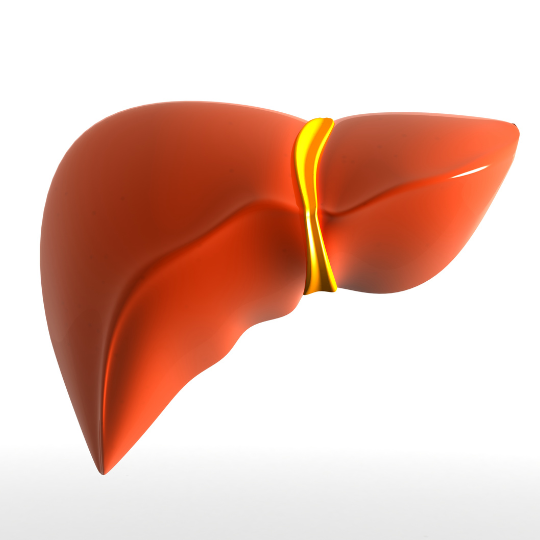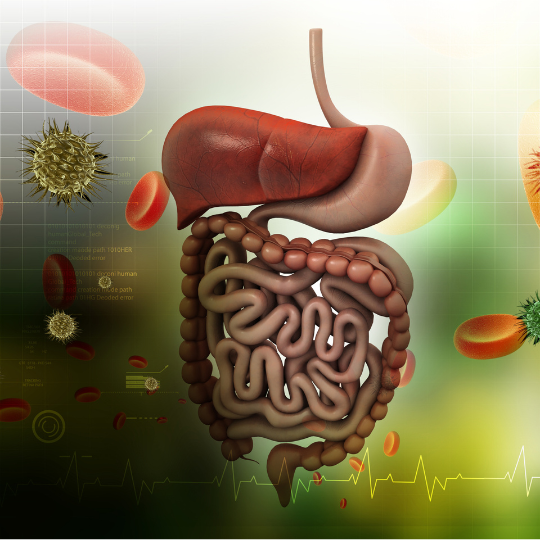The green plant
You have probably heard about cannabis, or marijuana. It is popularly known because of its relaxing properties, but also because of its medicinal and health benefits. Cannabis is a plant that contains a diverse range of chemical compounds known as cannabinoids. These compounds interact with the human body through the endocannabinoid system, which is a network of receptors found throughout the body. The most well-known cannabinoid is tetrahydrocannabinol (THC), which is responsible for the psychoactive effects of cannabis. Another well-known cannabinoid is Cannabidoil (CBD), which has a variety of potential medicinal properties but does not produce the “high” feeling (Stella, N. 2023).

There are many other types of cannabinoids in the cannabis plants, each with their own unique properties and effects. For example, cannabinol (CBN) is a mildly psychoactive cannabinoid that is produced when THC is exposed to oxygen and light. Other cannabinoids include cannabigerol (CBG), which has potential medicinal properties, and cannabichromene (CBC), which is thought to have anti-inflammatory effects (Radwan, M.M, et al 2021).
Metabolism and effects
The proposed metabolism of cannabinoids involves several different pathways, but it is predominantly hepatic, via the cytochrome P450 (CYP 450) enzymes. THC is mainly metabolized to 11-hydroxy-THC which is more potent than THC itself and is responsible for many of the effects of cannabis.
CBD is also hepatically metabolized. After hydroxylation to 7-hydroxy cannabidiol, there is further hepatic metabolism and production of metabolites, effects of which are not well understood yet (Lucas, C.J, et al. 2018).
Cannabis consumption has been linked to a variety of physiological effects:
- Psychiatric conditions:
- Increased risk of psychotic disorders
- Anxiety and panic attacks
- Cannabis addction and dependency
- Cognitive and Central Nervous System alterations:
- Impairment of a wide range of cognitive functions
- Long-term brain functional and structural alterations
- Respiratory system:
- Decreased airway resistance
- Increased risk of developing lung cancer
- Cardiovascular system:
- Increased cardiovascular activity
- Increased heart rate
- Decreased blood pressure.
As you can see, there are both risks and benefits with consuming cannabis. Most of the risks are related to chronic use and the health benefits could also be achieved with other medicinal herbs and with a healthy lifestyle.
Biochemistry
The actual biochemical mechanism of cannabis metabolism is still not fully understood, but it is though to involve the interaction of cannabinoids with the endocannabinoid system. This system is made up of receptors, enzymes, and endocannabinoids, which are molecules produced by the body that bind to the receptors and modulate their activity. When cannabinoids from cannabis bind to these receptors, they can alter the activity of the endocannabinoid system and produce a range of physiological effects.

There is also evidence that suggest that cannabis is related to the upregulation of aromatase, an enzyme involved in the synthesis of estrogen from testosterone. This may be related to reduced levels of testosterone and therefore a decrease count and concentration of sperm in men, as well as reduction in libido and sexual function. In women could be potentially related to hormone-sensitive conditions such as breast cancer, whereas in men with increased adiposity. More research is needed to fully understand the relationship between cannabis and hormones (Payne KS, 2019).
Overall, cannabis is a complex and multifaceted plant with a wide range of potential effects on our bodies. But we have to be conscious of the risks if we want to try it because of its medicinal benefits.
Genetics… always there
There are several genetic factors that can influence the way the body metabolizes cannabis and how it affects it:
- CYP2C9 gene: as mentioned before, THC is metabolized by the cytochrome P450, and it needs several enzymes to complete the metabolism of THC. CYP2C9 is an essential enzyme for the metabolism of THC. SNPs such as the CYP2C9*3 allele have been associated with reduced enzyme activity and slower metabolism of THC. This can result in a longer duration of the effect of THC, as well as an increased risk of its negative effects (Schwarz UI, 2003)
- ABCB1 gene: this gene codes for the P-glycoprotein transporter protein. This protein is involved in the transport of THC and other substances across the blood-brain barrier, which can affect the way that THC affects the brain. SNPs in this gene have been associated with differences in the effectiveness of cannabis-based medications and the risks of related side effects and cannabis dependence (Benyamina A, et al. 2009)
- AKT1 gene: this gene codes for a protein that plays a role in the signaling pathways activated by THC. Variants in AKT1 gene have been linked to differences in the sensitivity to THC and the risk of developing cannabis use disorder (Hindocha, C. et al, 2020).
Overall, it is clear that genetic factors can play a significant role in the way one can metabolize cannabis and how it will affect their health. Further research is needed to fully understand the impact of specific SNPs on cannabis metabolism and identify other genes related and their effects.

Cannabis use is very popular now, but hopefully with this article you get an idea that not everything is rose-colored. Cannabis use can lead to several side effects and health risks, but it also could have some health benefits. Remember that life is about balance and living. Try to keep healthy habits, a healthy nutrition and a healthy lifestyle, but also remember that you can have fun and a good time from time to time!














